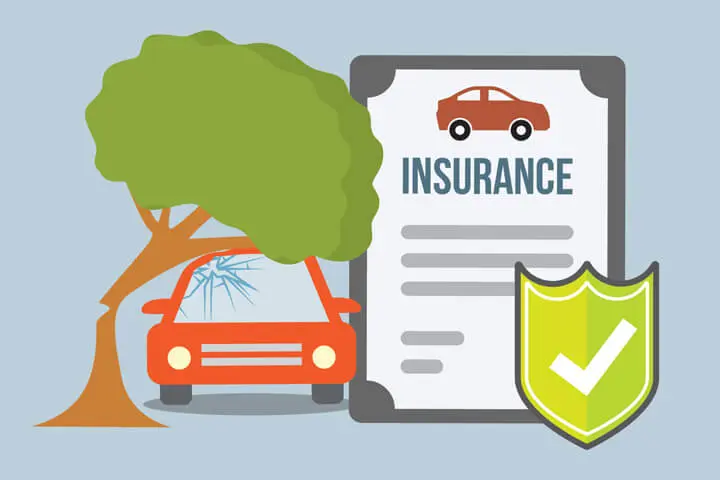Discover the difference between negligence and strict liability in Texas personal injury cases. Understand how these legal concepts can affect your claim and when to apply each.
When you suffer an injury due to the act or omission of another person, it’s natural to seek compensation for your damages. However, the legal path you must take will largely depend on whether the situation falls under a case of negligence or strict liability. In this article, we will delve deep into these two legal concepts and their application in the state of Texas.
What is Negligence?
Negligence is the failure to exercise the degree of care that a reasonable person would exercise in a particular situation. To prove negligence, the following elements must be shown:
- Duty of care: The defendant owed a legal duty to act with reasonable care.
- Breach of duty: The defendant failed to fulfill that duty.
- Causation: The breach of duty directly caused the plaintiff’s injuries.
- Damages: The plaintiff suffered harm as a result of the injuries.
Common examples of negligence:
- Car accidents caused by distracted driving.
- Slip and falls on poorly maintained properties.
- Medical malpractice.
- Defective products.
What is Strict Liability?
Unlike negligence, strict liability does not require proof of the defendant’s fault. In this case, the law states that certain activities are inherently dangerous and that the person engaging in those activities is liable for any harm caused, regardless of whether they acted with care.
Examples of strict liability:
- Defective products.
- Dangerous animals.
- Ultrahazardous activities (such as building demolition).
Negligence vs. Strict Liability in Texas
In Texas, both negligence and strict liability apply to personal injury cases. Texas state law has established specific criteria for determining when to apply each concept.
How does this affect my case?
Determining whether your case is based on negligence or strict liability can have a significant impact on the strength of your claim. Strict liability is generally easier to prove, as it does not require demonstrating the defendant’s fault. However, the recoverable damages may vary between the two types of cases.
When should I consult an attorney?
If you have suffered an injury, it is crucial to consult with a personal injury attorney. An attorney will help you evaluate your case, determine the most appropriate legal theory, and represent your interests throughout the legal process.


